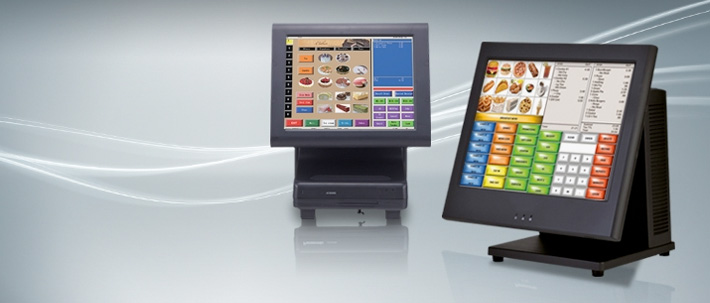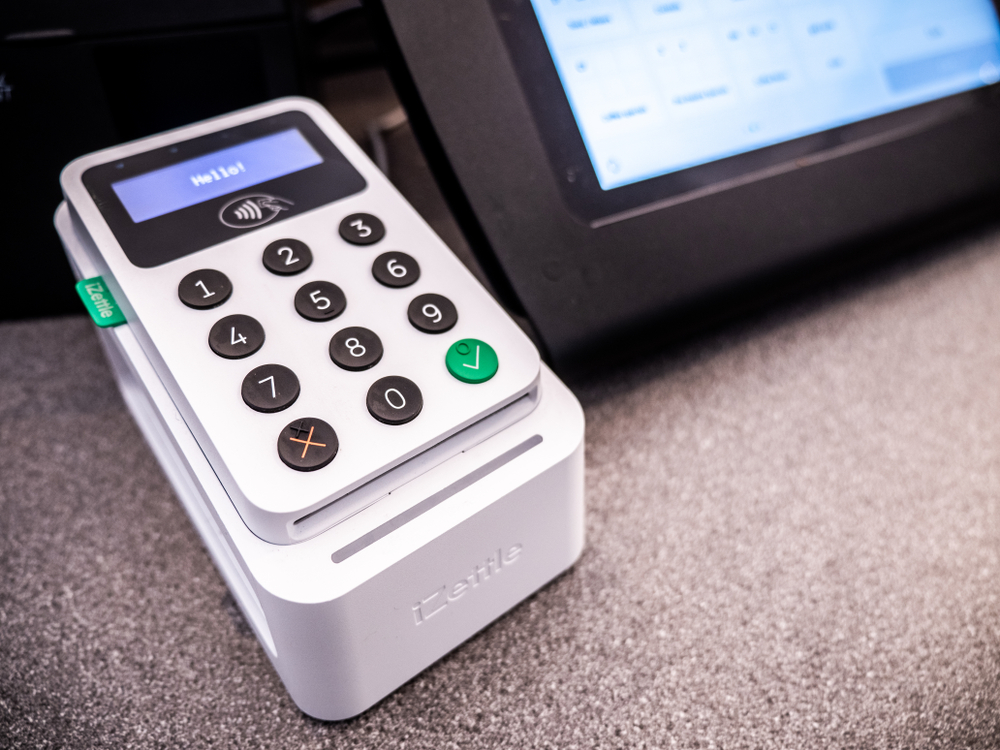Why EPOS Systems are so Important
What is EPOS Equipment?
EPOS systems are the modern equivalent of the classic shop till, and at their most basic level, they’re used to process cash and card transactions with customers. Most models come with a barcode scanner, a touchscreen interface, a chip & pin terminal and a scale for weighing goods. If you’ve ever used a self-service checkout at your local supermarket, you’ll have experience with EPOS systems already. If you haven’t you may still be asking what is an epos system?
Unlike tills however, EPOS systems are versatile and can be fitted with a whole range of programs to increase their functionality. You can use them to manage inventories, monitor staff performance, organise rotas and more. Used correctly, they can be extremely useful, regardless of how big or small your business might be.
In other words, imagine an electronic version of the traditional cash register that can be upgraded with all manner of shiny bells and whistles, and you won’t be far off. There are several benefits of EPOS systems, so let’s take a closer look.
What is EPOS used for?
Aside from the checkouts mentioned above, you’ve probably seen EPOS systems in multiple businesses without realising it. They’re a common sight in the retail and food industries, as the ability to install apps and upgrade the software makes them highly versatile.

For instance, a high street pub might use an EPOS system in their day-to-day operations. They could link the payment processing software with their inventory, so every time a customer buys a pint of cider, it gets deducted from the stock. They could also install a media player such as Spotify or a checklist of things to do at closing time.
This would allow them to play music in the bar and keep on top of their shutdown schedule from the same device they use to handle transactions.
Why are EPOS Systems so Important?
All of which is great, but is it essential? You may already have several reliable cash registers that show no signs of wear and tear and have other systems in place that you see no reason to change. Is it worth switching to EPOS and replacing everything you’ve got?
In short, yes. EPOS systems are a long-term investment, and there are certainly benefits of epos over a cash register and it is in your interest to use one. Let’s look at several reasons why:
Aesthetics
We’ll start with something comparatively superficial. Consider this scenario; you’ve just walked into a bank and want to pay in some cash. Which is more reassuring; a cashier using an old-fashioned computer to process the payment or one who uses a glossy, modern terminal?
If the computers they bought in 2001 still work and handle everything they need to, why change them? Well, the bank’s customers won’t know how reliable those old machines are. They’ll see a business that doesn’t upgrade its equipment, cuts corners and is desperate to save money. On the other hand, a business that looks like it keeps up to date with technology seems more forward-thinking and cutting edge. You might not think you need everything EPOS systems provide, but they’ll certainly make a positive first impression on your clientele.
Easier Transactions
On a more practical level, EPOS systems are useful for making cash transactions simpler. They read barcodes electronically and retrieve the pricing information from your database automatically. This reduces the chance of an incorrect price being keyed in and the customer being under or overcharged.
Efficient Stock Management
We’ve touched on this before, but it bears repeating; EPOS systems are great for managing your inventory. Previously, you’d have to go through your stock room with a clipboard and pen, making a detailed count of everything you had and then cross-referencing with your sales history to check it was up to date. EPOS systems take a lot of effort out. Synchronising the till with your inventory means that when an item is sold, the stock count is automatically adjusted to reflect it. This makes it far simpler to track what you’re selling and what you’ve got waiting in storage.

Flexible Pricing
EPOS systems are also easy to use when arranging special offers or sales. You can use them to enter the reduced prices for set dates or times, and they’ll adjust automatically. If you’ve ever worked a shop floor during a 20% off sale and had to calculate the price of every item individually, you’ll know how much time and effort this will save.
Staff Management
EPOS systems are also a good tool for measuring staff performances. Each employee can have their own login, so it becomes clear who is making sales and when. This is useful for planning rotas and maximising their potential. Maybe you have two staff members whose sales increase by 15% when they work together? Or maybe you’ve got one who does extremely well when selling TVs but struggles to process enquiries at the repairs counter? EPOS systems help you spot these trends.
Choosing the Right EPOS System for your Business
To sum up; EPOS systems are important because they save time. It might not seem like it at first, but by streamlining several areas of your business at once, they help make your business more efficient and productive.

At first glance, you might wonder if this fancy modern till was worth it? After all, the only immediate difference is that staff are processing transactions twenty seconds faster than before. Well, twenty seconds may not seem like much, but if you’ve got ten employees and they’re making fifty sales a day? Suddenly, that time is adding up.
There’s a whole range of them out there, so picking the best EPOS system depends on your needs. Whether you opt for a sophisticated and highly advanced system overflowing with apps, or a more basic model, EPOS systems are a must-have for any business. It goes without saying that it then becomes important to find the right epos system price for your business needs.
Categories: Advice, Epos Systems
Tags: cash register, epos, epos systems, small businesses, till systems



